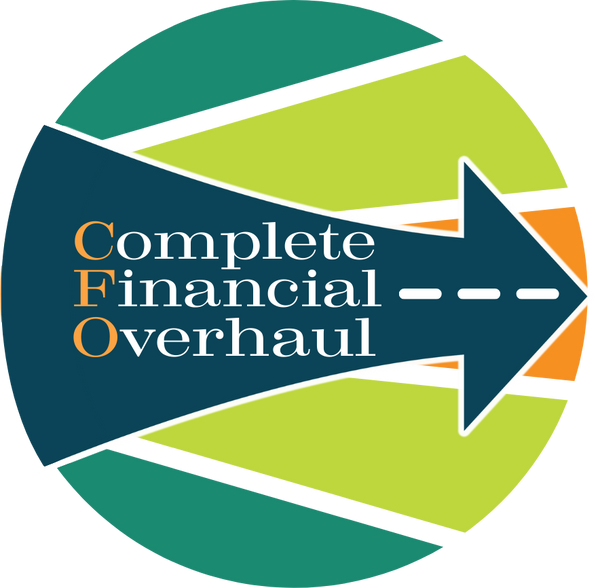Reflecting on Your Shopping Habits: Tips for Improvement
Share
Imagine your shopping habits as a map that guides you through your financial journey. Just as a traveler reviews their route to avoid wrong turns and find better paths, reflecting on your shopping habits allows you to see where you might improve your spending choices. By regularly assessing your habits, you can make adjustments that lead to smarter, more cost-effective shopping decisions.
Why is it important to reflect on your shopping habits? Just as reviewing a map helps a traveler avoid getting lost, reflecting on your habits helps you stay on track with your financial goals. It allows you to identify patterns, such as impulse buying or overspending in certain areas, and make the necessary changes to improve your financial health.
Start by reviewing your recent shopping experiences. This is like looking back at the path you’ve taken—consider what you bought, why you bought it, and how it impacted your budget. Were there purchases you regret or items you bought on impulse? Reflecting on these moments helps you understand the triggers behind your spending and how you can avoid them in the future.
Next, consider the effectiveness of your shopping strategies. Just as a traveler might adjust their route based on what they’ve learned, you should assess whether your current shopping habits are helping you save money and stay within your budget. Are you consistently using a shopping list? Are you taking advantage of sales and discounts? Reflecting on these strategies allows you to identify what’s working and where there’s room for improvement.
Another key aspect of reflection is setting new goals. Just as a traveler plans the next leg of their journey, you should set goals for improving your shopping habits. These goals might include reducing impulse buys, sticking more closely to your shopping list, or finding better ways to save on groceries. By setting clear, achievable goals, you can make your shopping trips more intentional and aligned with your financial priorities.
Finally, make a habit of regular reflection. Just as a traveler checks their map at regular intervals, you should set aside time to review your shopping habits and assess your progress. This practice keeps you mindful of your spending and allows you to make ongoing improvements that contribute to your financial well-being.
By reflecting on your shopping habits, you’re not just looking back—you’re charting a course for a smarter, more financially secure future. It’s like using your past experiences to guide you toward better decisions and greater savings. With regular reflection and a commitment to improvement, you’ll find that your shopping habits become more disciplined, intentional, and rewarding.
